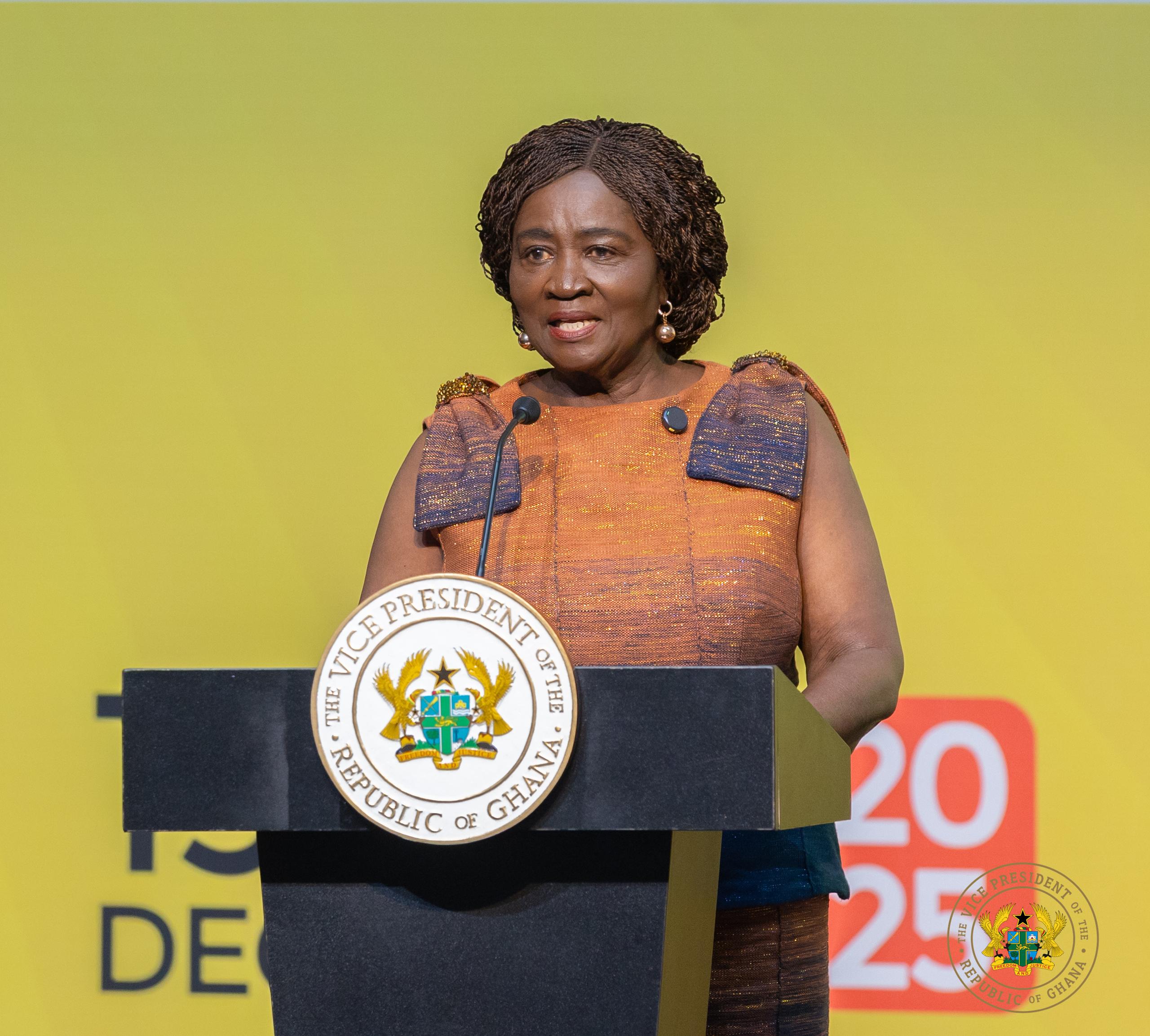In his bid to transform Ghana’s economy, Alan Kyerematen, the presidential candidate of the Movement for Change, has promised a new dawn for cocoa farmers, particularly in the Ahafo Region, where the people depend heavily on cocoa farming. Speaking to a gathering of chiefs and local communities during his Caravan Campaign Tour, Mr. Kyerematen boldly condemned the current and previous administrations for exploiting cocoa farmers, accusing both the NPP and NDC of consistently “cheating farmers out of their rightful income.”
Alan Kyerematen announced his commitment to abolishing the longstanding cocoa syndicated loan scheme, which has relied on borrowing in dollars to pay farmers in cedis. He explained that this system has directly harmed farmers due to currency depreciation. “The current system forces the government to borrow about $2 billion annually under the guise of helping cocoa farmers, yet pays them in cedis. This discrepancy shortchanges farmers as our currency loses value, causing their earnings to be used to service growing debts,” he said.
To replace this system which he described as flawed, Mr. Kyerematen outlined an innovative approach: borrowing locally in cedis to finance cocoa purchases. “By financing our cocoa purchases with local cedi-denominated funds, we ensure that when our cocoa is sold internationally, both the country and farmers gain full value. No more will our farmers’ hard work serve only to pay off foreign loans,” he assured.
Pointing to the current global price of cocoa, which stands at a record $7,960 per ton, Alan criticized the government’s failure to translate these high prices into fair earnings for Ghanaian farmers. “With prices this high, it’s unforgivable that our farmers still struggle with inadequate compensation. The government is not paying them nearly what they deserve,” he stated, adding that his administration would prioritize value addition to cocoa exports.
Under his Great Transformational Plan, Mr. Kyerematen pledged to process at least 70% of Ghana’s cocoa locally, converting raw cocoa into finished products like chocolate to increase revenue. “The real value of cocoa lies in what we create from it. If we export finished products, our farmers will finally see the prosperity they deserve,” he explained, emphasizing that Ghana’s status as the world’s second-largest cocoa producer should be leveraged for greater economic gains.





